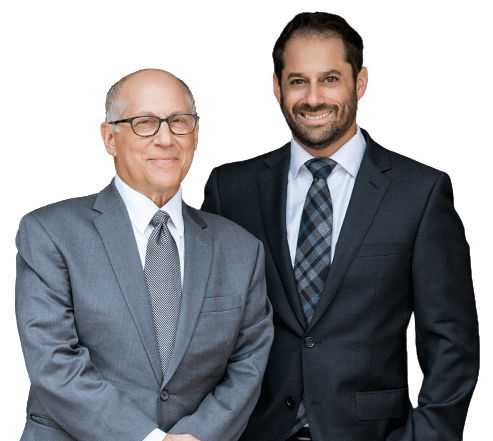When injured at work, you need time and financial resources to focus on your recovery. Unless you have an extensive amount of savings, the costs associated with your medical care and rehabilitation can be unmanageable on your own.
That’s why many injured workers choose to pursue workers’ compensation benefits. If you succeed in pursuing these resources, then you could recoup the money you need to foster your recovery and offset your lost wages.
But it’s important to note that workers’ compensation benefits aren’t willingly paid out. In fact, employers and their insurance companies often fight tooth and nail to try to avoid paying out these benefits. Therefore, as you prepare to navigate your workers’ compensation claim, it’s helpful to have in mind some of the most common reasons why workers’ compensation benefits are denied to injured workers.
Top reasons for workers’ compensation denial
Even though it may not seem like it, there are several justifications that an insurance company can fall back on to deny workers’ compensation benefits. Here are some that you’ll want to watch out for as you move forward with your case:
- Your injury was suffered outside of work: If the insurance company can link your injury to an event outside of work, then you’ll be denied benefits. The insurance company may even go so far as to argue that you had a pre-existing injury that was exacerbated outside the scope of your work. So, you’ll need to do everything you can to tie your injury to your work duties.
- Your injury was caused by horseplay: Although you don’t have to show any type of fault on the part of your employer to recover workers’ compensation benefits, you’ll be denied coverage if you were responsible for your own injuries because you were roughhousing or otherwise engaging in horseplay at the time your injuries were suffered. Be sure to analyze your actions leading up to your accident so that you can try to deflect these kinds of arguments.
- You don’t receive medical treatment: Remember, workers’ compensation benefits seek to provide you with financial relief at a time when you’re unable to work. If you tried to tough out your injuries and never went to the doctor, then there isn’t going to be anyone who can speak from a medical perspective to the severity of your injuries and how they limit your ability to work. You also won’t be able to articulate your medical needs. This can be the dealt knell for a workers’ compensation claim.
- You didn’t notify your employer: You should report your accident injuries to your employer promptly. If you wait too long, then your claim could end up being barred. So, be quick to report your accident to your employer, even if you don’t have any immediately noticeable injuries that you think are severe in nature.
- You file incomplete paperwork: No one likes filling out paperwork. But doing so is necessary if you want to recover the workers’ compensation benefits you need. As you go over this paperwork, make sure you’re being as thorough as possible so that your claim doesn’t wind up denied on a technicality.
Thoroughly prepare your workers’ compensation case to reduce the risk of denial
As you can see, there are several ways the insurance company and your employer can try to block you from the support that you need and deserve. Don’t let that happen. Take the time needed to diligently develop your workers’ compensation case so that you can reduce or even eliminate the risk of some of these denial justifications. By doing so, you’ll hopefully put yourself on the road to a successful workers’ compensation case and a full recovery.

